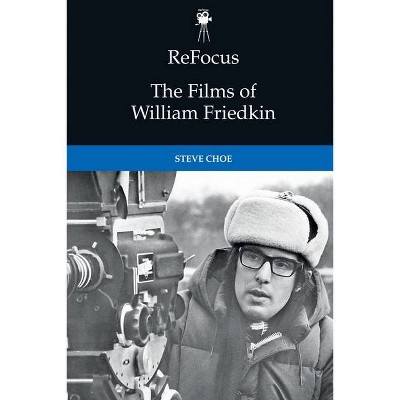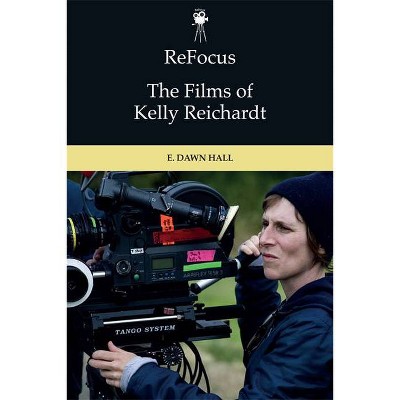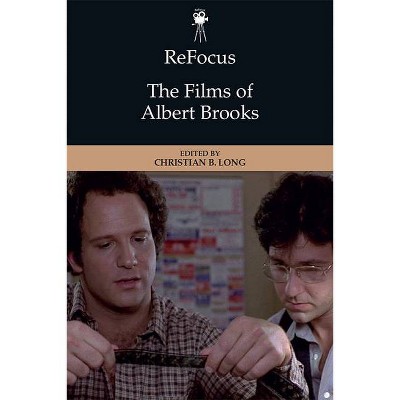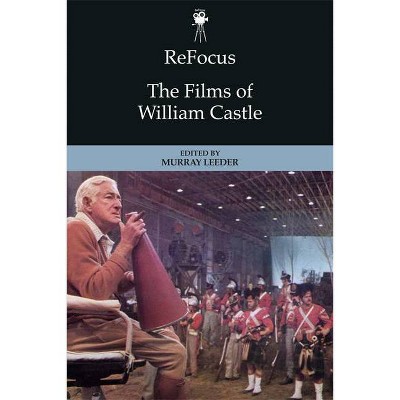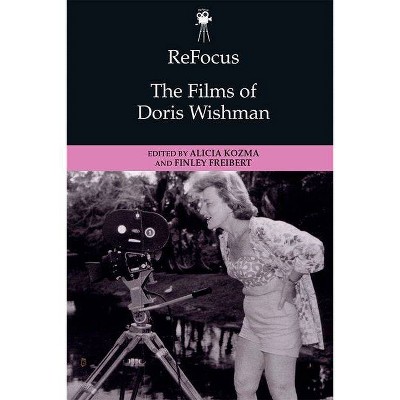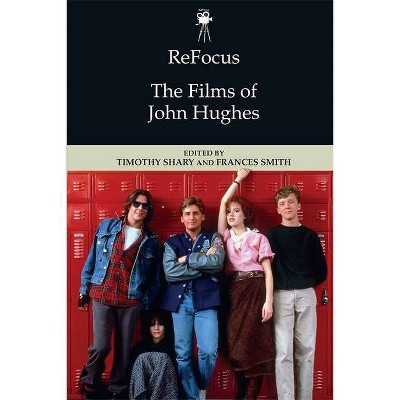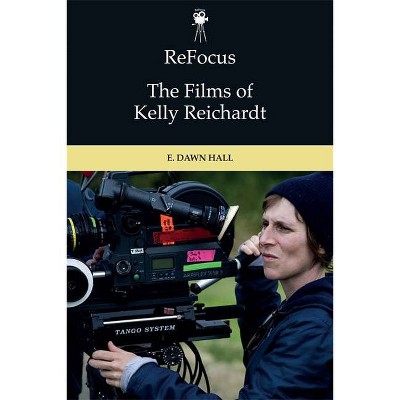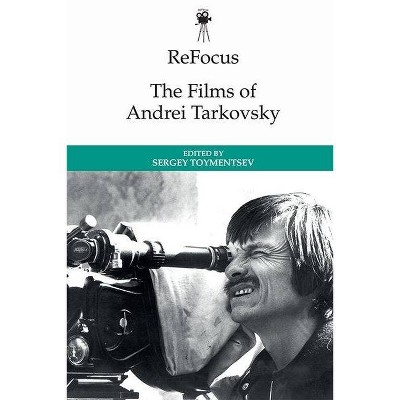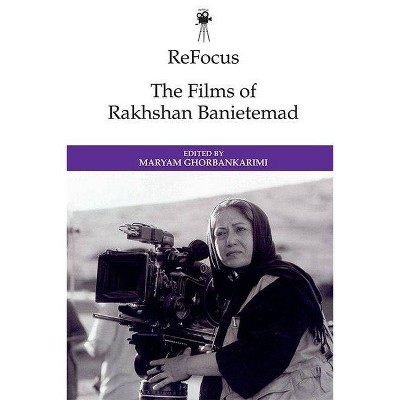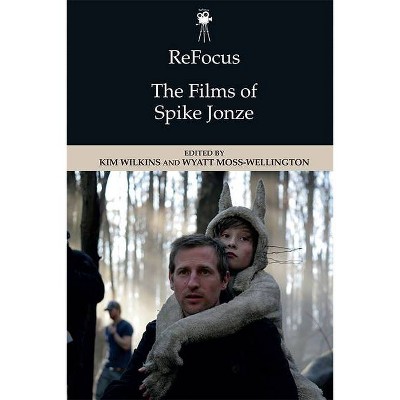Refocus: The Films of Delmer Daves - (Refocus: The American Directors) by Matthew Carter & Andrew Patrick Nelson (Hardcover)
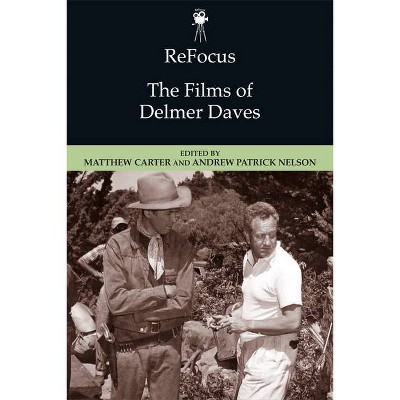
Similar Products
Products of same category from the store
AllProduct info
<p/><br></br><p><b> About the Book </b></p></br></br><p>As the first comprehensive study of Daves's career, this collection of essays seeks to deepen our understanding of his work, and also to problematize existing conceptions of him as a competent, conventional and even naïve studio man.</p><p/><br></br><p><b> Book Synopsis </b></p></br></br><p>From <em>Destination Tokyo</em> (1943) to <em>The Battle of the Villa Fiorita</em> (1965), Delmer Daves was responsible for a unique body of work, but few filmmakers have been as critically overlooked in existing scholarly literature. Often regarded as an embodiment of the self-effacing craftsmanship of classical and post-War Hollywood, films such as <em>Broken Arrow</em> (1950) and <em>3:10 to Yuma</em> (1957) reveal a filmmaker concerned with style as much as sociocultural significance. As the first comprehensive study of Daves's career, this collection of essays seeks to deepen our understanding of his work, and also to problematize existing conceptions of him as a competent, conventional and even naïve studio man.</p><p/><br></br><p><b> From the Back Cover </b></p></br></br>ReFocus: The American Directors Series Series Editors: Robert Singer and Gary D. Rhodes This series produces new critical volumes from an interdisciplinary perspective, bringing influential, yet neglected, American directors to the attention of a new audience of scholars and students in both Film Studies and American Studies. From Destination Tokyo (1943) to The Battle of the Villa Fiorita (1965), Delmer Daves was responsible for a unique body of work, but few filmmakers have been as critically overlooked in existing scholarly literature. Often regarded as an embodiment of the self-effacing craftsmanship of classical and post-war Hollywood, films such as Broken Arrow (1950) and 3:10 to Yuma (1957) reveal a filmmaker concerned with style as much as sociocultural significance. As the first comprehensive study of Daves's career, this collection of essays seeks to deepen our understanding of his work, and also to problematise existing conceptions of him as a competent, conventional and even naïve studio man. Matthew Carter is Senior Lecturer in Film, Television, and Cultural Studies at Manchester Metropolitan University. Andrew Patrick Nelson is Assistant Professor of Film History and Critical Studies at Montana State University. Cover image: James Stewart and Delmer Daves on set of Broken Arrow (1950) (c) Twentieth Century Fox Film Corporation/Photofest Cover design: [EUP logo] www.euppublishing.com<p/><br></br><p><b> Review Quotes </b></p></br></br><br><br>The American director Delmer Daves has never enjoyed the critical attention lavished on other Hollywood professionals such as Don Siegel. Finally, however, in this collection of insightful new essays on the life and work of the veteran Hollywood filmmaker, he is granted his critical due. This<br>collection of pieces (covering the director's entire career, including his shamelessly enjoyable 'women's pictures' such as A Summer Place and Parrish) aims to enrich both our appreciation of the director's work and changing perceptions of him as simple studio craftsman... the perceptive and<br>provocative case studies of such film as Broken Arrow (1950), 3:10 to Yuma (1957) and Destination Tokyo (1943) produce much fascinating analysis here. -- Barry Forshaw, crimetime.co.uk and dvdchoices.co.uk <br><p></p><br><br><p/><br></br><p><b> About the Author </b></p></br></br><p>Matthew Carter is Senior Lecturer in Film, Television, and Cultural Studies at Manchester Metropolitan University. <p>Andrew Patrick Nelson is Assistant Professor of Film History and Critical Studies at Montana State University.<p>
Price History
Price Archive shows prices from various stores, lets you see history and find the cheapest. There is no actual sale on the website. For all support, inquiry and suggestion messagescommunication@pricearchive.us
